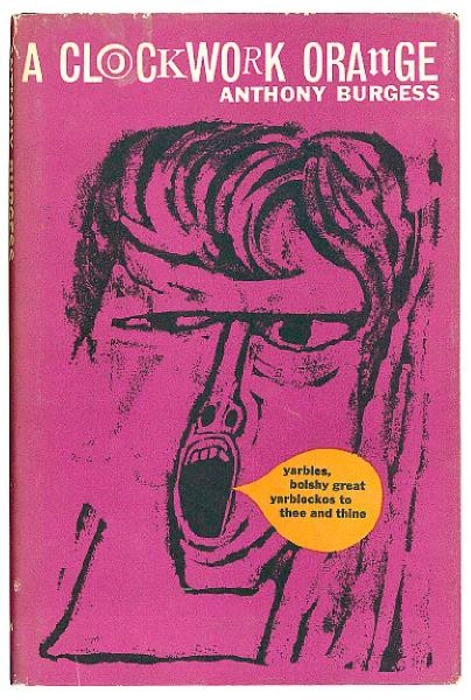I'm going to just go
right out and say it: Doctor Who is the best thing to happen to
television.
Last night I watched
the 50th anniversary special of Doctor Who and it's got me
thinking as to why I love Doctor Who so much.
It is a very silly
show at times. There is a whole storyline about farting aliens that
look like giant green babies. Of course, it's also very serious at
times. I've been watching some old episodes and the body count is
through the roof. It's serious and silly, funny and scary.
So let me get a
bit... me-ish here.
The show is, to me,
a story about the base concepts of reality. The Doctor is a fallible
force for good that relies on us as we rely on him. When I say “us”
I mean humanity represented by the human companions.
Right now I'm
watching episode 168, “New Earth” where Rose has been possessed
by Cassandra and the Doctor his investigating a New Earth Hospital...
There is a bit of a zombie thing going on and it's, well, one of the
more basic episodes especially when you compare it to some of the
Steven Moffat episodes.
 |
| And cat nun doctors. There are cat nun doctors as well. |
Still, it's pretty
darn deep with a lot to say about humanity in the tradition of some
of the best science fiction.
IT makes me long for
the days of college. Aside from the assignments and some of the
maddening arbitrariness that can come in academic life, there was
always a group of clever folk to dissect and unpack whatever needed
to be. Lucky for me, my wife is pretty smart and can talk “Doctor
Who” till the cows come home.
She say's she loves
Doctor Who because she likes the idea that the companions can
basically run away from life without consequences. I can see the
appeal of that- though it goes deeper. The Doctor always promises to
protect his companions- even says he will return them back the same-
but he never does.
Contact with the
Doctor is a life-changing thing. As I think through what happens to
his companions- apart from the constant mortal danger they are in,
they can't be returned to normal... well (SPOILER ALERT) except for
Donna Noble but that is almost the most tragic story of all.
 |
| This is a very sad moment... though it's sort of how you feel after you watch a few episodes. |
I've read in
numerous places the theory that Doctor Who is so appealing because
the Doctor is a stand in for God, but a very personal god who needs
humanity as much as humanity needs him- which isn't a too far fetched
concept of god now that I think about it.
That said, perhaps
the moral of the story is that humanity can't have contact with the
divine and have a normal life afterwards. And, if we see god as a
personal character rather than a cosmic power- as some characters in
the show believe the Doctor to be- then god cannot have contact with
humans without changing himself.
At Episode 169 now,
“Tooth and Claw.” In the span of less than a minute there was a
reference to “The Muppet Movie” and Queen Victoria, so that's
good to. Queen Victoria is going to fight alien werewolves in this
episode.
If nothing else,
it's been 50 years since the first episode aired- where the Doctor
and his granddaughter, along with a couple of school teachers, go
back in time in a police phone box to caveman days, leaving the first of many
many many many cliffhangers to come. Unlike other shows that petered
out and were left forgotten, or that have been the target of highly
unsuccessful reboots, Doctor Who is stronger than ever. Maybe it's
because the show, in a way, connects us to the divine. Or maybe it's
the historical characters fighting aliens.
All I know is I want this show to be going in another 50 years so when I'm 84, I can take watch it with my grandkids and bore them with my over analyzing of everything while they get scared of Weeping Angels.
 |
| "The weeping angels represent.." "Grandpa! Shhhhh!" |
Happy Birthday
Doctor Who!




